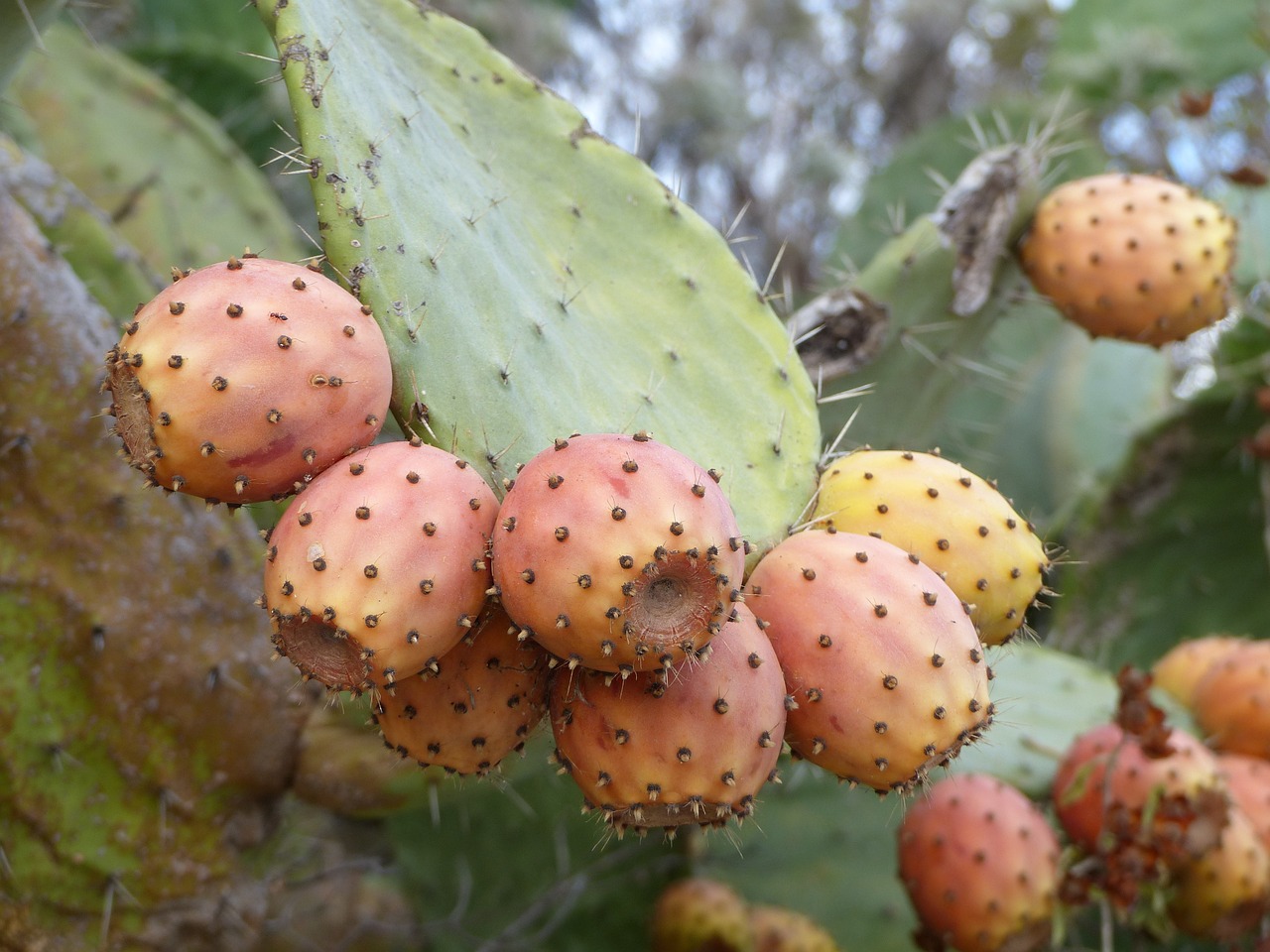The Benefits of Organic Farming for Public Health and the Environment: Betbhai9, Radhe exchange id, My laser 247.com login
betbhai9, radhe exchange id, my laser 247.com login: Organic farming has gained popularity in recent years as people become more conscious of their health and the environment. This method of agriculture relies on natural processes to grow crops and raise animals, avoiding the use of synthetic pesticides, fertilizers, hormones, and antibiotics. The benefits of organic farming extend beyond just producing food; they have significant positive impacts on public health and the environment.
1. Healthier food
Organic farming prioritizes the use of natural and organic inputs, which means that the food produced is free from harmful chemicals and pesticides. This results in food that is healthier and more nutritious for consumers. Organic fruits and vegetables have been found to have higher levels of essential nutrients such as vitamins, minerals, and antioxidants compared to conventionally-grown produce. Additionally, organic meat and dairy products are free from antibiotics and hormones, making them safer for consumption.
2. Reduced risk of pesticide exposure
One of the most significant benefits of organic farming is the reduced exposure to harmful pesticides. Conventional farming relies heavily on synthetic pesticides to control pests and diseases, which can leave behind residues on food that are harmful to human health. Organic farming, on the other hand, uses natural methods such as crop rotation, beneficial insects, and composting to manage pests and diseases. This reduces the risk of pesticide exposure for farm workers, consumers, and the environment.
3. Protection of biodiversity
Organic farming promotes biodiversity by creating a more biodiverse and resilient ecosystem on farms. By avoiding the use of synthetic chemicals, organic farmers encourage the growth of beneficial insects, birds, and other wildlife that help control pests naturally. In addition, organic farming practices such as crop rotation and mixed cropping help improve soil health and fertility, creating a healthy and diverse ecosystem that supports a variety of plant and animal species.
4. Soil conservation
Organic farming focuses on building healthy soil through practices such as crop rotation, cover cropping, and composting. These practices help improve soil structure, increase water infiltration, and promote the growth of beneficial soil microorganisms. Healthy soil is essential for sustainable agriculture as it provides a foundation for healthy plant growth and improves the nutrient content of food. In contrast, conventional farming practices like excessive tilling and the use of synthetic fertilizers can degrade soil quality over time, leading to erosion, nutrient depletion, and other environmental issues.
5. Water conservation
Organic farming practices help conserve water by promoting efficient irrigation techniques, such as drip irrigation and rainwater harvesting. By maintaining healthy soil structure and fertility, organic farmers can reduce water runoff and improve water retention in the soil. This not only helps conserve water resources but also reduces the risk of water pollution from excess fertilizers and pesticides entering water bodies. In contrast, conventional farming practices like monocropping and chemical-intensive agriculture can contribute to water pollution and depletion of water resources.
6. Reduced greenhouse gas emissions
Organic farming has been shown to have lower greenhouse gas emissions compared to conventional farming practices. By avoiding the use of synthetic fertilizers and pesticides, organic farmers reduce the carbon footprint of agriculture and mitigate climate change. In addition, organic farming practices such as cover cropping and composting help sequester carbon in the soil, further reducing greenhouse gas emissions. Overall, organic farming offers a more sustainable and environmentally-friendly approach to agriculture that benefits both public health and the environment.
FAQs
Q: Is organic food more expensive than conventional food?
A: Organic food can be more expensive than conventional food due to the higher cost of organic certification, organic inputs, and labor-intensive farming practices. However, the long-term benefits of organic farming for public health and the environment outweigh the cost difference.
Q: Are organic foods healthier than conventional foods?
A: Organic foods are often deemed healthier than conventional foods because they are free from synthetic pesticides, hormones, and antibiotics. Organic fruits and vegetables also tend to have higher levels of essential nutrients and antioxidants compared to conventionally-grown produce.
Q: Can organic farming feed the world?
A: Organic farming has the potential to feed the world by promoting sustainable agriculture practices that improve soil health, conserve water, and protect biodiversity. While organic farming may have lower yields compared to conventional farming in the short term, it can be a viable long-term solution to global food security and environmental sustainability.
Q: How can consumers support organic farming?
A: Consumers can support organic farming by purchasing organic products, supporting local farmers markets, and advocating for policies that promote sustainable and organic agriculture. By choosing organic foods, consumers can help protect public health, the environment, and the livelihoods of organic farmers.







